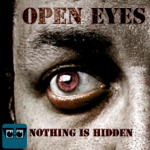
Podcast: Play in new window | Download
Subscribe: RSS
Listen to this episode by clicking the Play Button above.
You can also listen to this episode at Late Night In The Midlands.
The culture of Death has been with us since the beginning of our history, and each civilization seems to be fascinated in one way or the other with it. In ours, it is more about being afraid of death than not.
I am joined by Jolene Robinson for a discussion about death, fear, and what really awaits us on “other side”, from the perspective of an NDE experiencer, as well as someone in tune with the spirit world.
LISTEN LIVE: bit.ly/1y2LeN0 OR bit.ly/1I7EJZH
You can also hear it live from our website openeyesnetwork.com/listen-live/ and join the chat!
The following are the show notes used to record this episode. Theya re here for your reference and convenience.
Free Book Offer:
Psychic Investigator: The Hans Holzer Digital Collection, Book 4
- Narrated by:
- Length: 5 hrs and 40 mins
- Unabridged Audiobook
Chillingly, as the Post continues, “the cases include those of 32 defendants sentenced to death.” Of these defendants, 14 have already been executed or died in prison.
For many states, the rainy season is over, and most of the Western United States is now locked into a fourth consecutive year of drought. The imminent dry summer is particularly foreboding for California, where more than 44% of land area is engulfed in an exceptional level of drought. This was the highest such share nationwide and the kind of water shortage seen only once a century.
According to a study by the National Aeronautics and Space Administration (NASA), “Droughts in the U.S. Southwest and Central Plains during the last half of this century could be drier and longer than drought conditions seen in those regions in the last 1,000 years.” The likelihood of such a drought is 12%, NASA scientists estimated.
The ramifications of such severe drought conditions for these states and for the nation are manifold. California and the Great Basin are major sources of the nation’s food. The production of several water-intensive crops such as cotton, corn, soy, wheat, and rice are already down substantially from when the drought began. Cattle and other livestock also require large quantities of water and nutritious pastures and drinking water.
Beyond the economic impacts, municipal cutbacks and water restrictions have a tangible impact on individuals living in these areas. In addition, Rippey said the likelihood of wildfires is much higher than normal as a result of the dry weather.
In an UNLAWFUL ACT with incredibly huge implications, one of America’s largest banks, JP Morgan/CHASE has adopted a new policy which FORBIDS PAYING CASH as payment of credit card, mortgage and other debts! Quite simply, this policy appears to violate the Uniform Commercial Code which holds that if a person attempts to use legal tender in payment of a debt, and the legal tender is refused, the debt is “discharged.” (See UCC § 3-603 (b))
Even more unusual, the same bank sent an Amendment to Lease Terms letter to all their customers with Safety Deposit Boxes, instructing them that it is no longer permissible for customers to store CASH OR COINS in safety deposit boxes unless they are “Collectibles.”
The fact that one of the largest banks in America is now refusing to accept American DOLLARS as payment of debts is extraordinary! It signals that the banks see our currency as becoming worthless!
The Ohio Commerical Code (which is their version of the Uniform Commercial Code) requires legal tender to be accepted or the debt be discharged. Here’s a link directly to the Ohio law, code and section:
UPDATE, 9:44 p.m. ET: KHOU-TV reports that the woman has been offered her job back.
Marissa Holcomb told the news outlet that she had a meeting with Z & H Foods owner Amin Dhanani on Wednesday.
“He just apologized and pretty much offered me if I wanted to go back to his business and work there again,” she told KHOU.
—
As if that wasn’t traumatizing enough for a pregnant worker at a fast food restaurant to be robbed at gunpoint, the shift manager said the restaurant tried to get her to pay back the stolen money and then fired her after she refused.
After the robbery where nearly $400 was stolen by a man that police have yet to identify and catch, according to KHOU, Holcomb said her manager came to her with a choice: make up for the money or be fired. Less than two days after the robbery, Holcomb was fired.
“I just had a gun to me. I’m not paying the money,” the woman, who is five months pregnant, told the news station.
KHOU reported that a spokesperson for Z&H Foods Inc., which owns this Popeye’s location, said Holcomb was fired because she broke policy leaving too much money in the register at a time. The spokesperson also said that the company didn’t know about the employee being given the option to pay the $400 back. The news station noted that other restaurants have similar policies that could make employees responsible if money isn’t moved from the register within a certain time frame.
“[The suspect] got what they got because that’s what we made within one hour,” Holcomb told KHOU, noting that she was moving money from the register as quickly as she could on that busy Tuesday night.
Popeye’s said in an emailed statement to TheBlaze that this restaurant is ”independently-owned and operated by a franchisee of the Popeyes system, and that franchisee exercises day-to-day control over the operation of the restaurant.”
“We understand that the franchisee has reached out to the employee to work through this issue and we will continue to monitor the situation closely,” the statement continued.
The one belief that is common among Native American tribes that influences death rituals is the focus on helping the deceased be comfortable in the afterlife or protecting them in the afterlife. Death rituals include placing food, weapons, jewelry, tools, or pots within the burial site for the use of the deceased in his afterlife. The Nez Perce Native American tribe would even sacrifice the deceased’s horse, wives, or his slaves so they could be buried together. Other common Native American death rituals include:
- The medicine man or spiritual leader leds the ritual
- Deceased ancestors are asked to join in the rituals
- The belief that the spirit of the person never dies
- Gifts are buried with the deceased
- Pipes are smoked
- The circle is symbolic in the ritual, as in the circle of life
- Nature is revered; death is part of nature
- The burial is often done at a special site either close to or away from their home
- Death is believed to be a journey to another world
Native Americans believed they should not impede the spirit of the deceased from finding its way into the afterlife. They also believed they should help guide or aid the spirits ascent. Death rituals that were common for this purpose are:
- Not burying the body
- Elevating the body in a tree or on a platform
- Leaving an opening in the burial place or coffin
- Burying a horse with the body so it can carry the body into the after life
- Not saying the deceased’s name out loud for fear of calling them back to earth








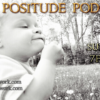
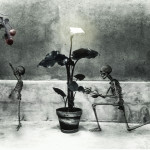

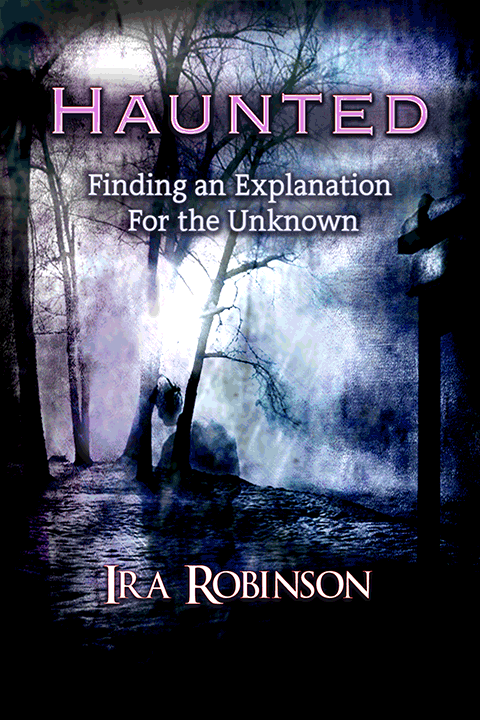
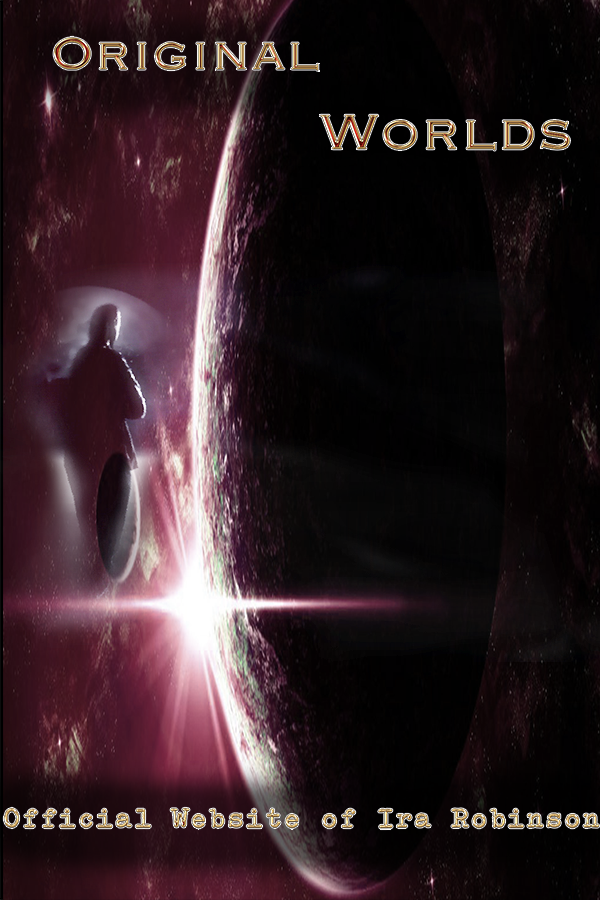
 Neely Worldwide Productions, Inc
Neely Worldwide Productions, Inc  Amazon
Amazon  Barnes & Noble
Barnes & Noble